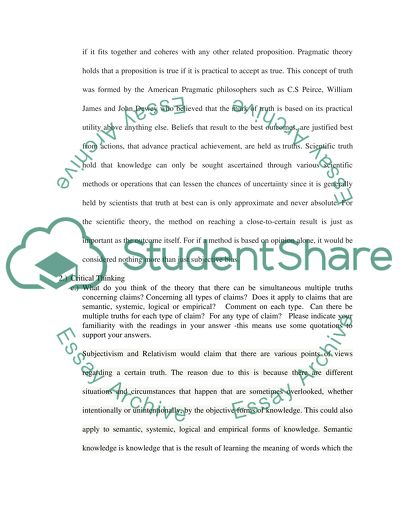Cite this document
(“Epistemology Assignment Example | Topics and Well Written Essays - 1500 words”, n.d.)
Epistemology Assignment Example | Topics and Well Written Essays - 1500 words. Retrieved from https://studentshare.org/philosophy/1434433-epistemology
Epistemology Assignment Example | Topics and Well Written Essays - 1500 words. Retrieved from https://studentshare.org/philosophy/1434433-epistemology
(Epistemology Assignment Example | Topics and Well Written Essays - 1500 Words)
Epistemology Assignment Example | Topics and Well Written Essays - 1500 Words. https://studentshare.org/philosophy/1434433-epistemology.
Epistemology Assignment Example | Topics and Well Written Essays - 1500 Words. https://studentshare.org/philosophy/1434433-epistemology.
“Epistemology Assignment Example | Topics and Well Written Essays - 1500 Words”, n.d. https://studentshare.org/philosophy/1434433-epistemology.


